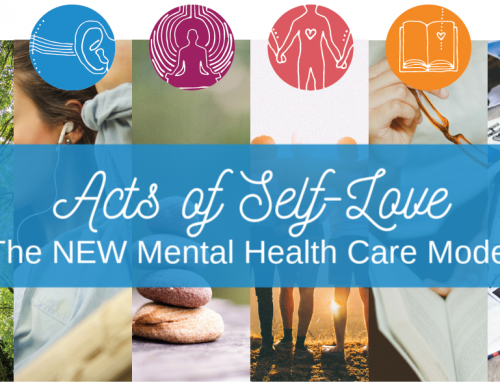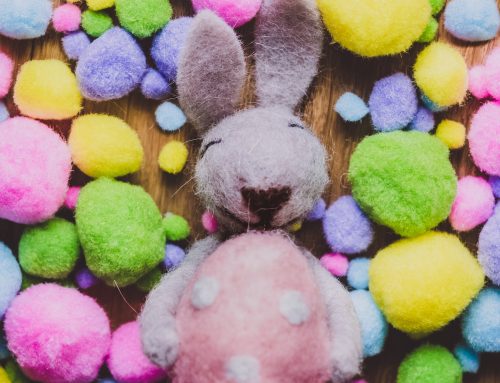The Huffington Post is always so timely. If you don’t read this online news source, I encourage it. Just yesterday this great article was posted. It shows an interview between Mr. Rogers (whom we all love, right?) and the Wicked Witch of the East. Mr. Rogers was way before his time on many issues. In his interview with the Wicked Witch, he proclaims two things: 1) That boys and girls like to dress up as witches for Halloween (and for play, undoubtedly), and 2) That the witch is a frustrated person because she’s never gotten what she’s wanted out of life. As the author asks, “Being misunderstood, not getting what we desperately want, searching for happiness… none of that sounds that unfamiliar, does it?”
In my upcoming book, I offer up the same questions:
Most of us know the story of The Wizard of Oz, and are aware of what happens when Dorothy follows the yellow brick road. We have become connected to her trials and tribulations as she makes her way with the lion, the tin man and her dog Toto. But, have you ever stopped to ponder the life of the Wicked Witch of the West? What’s her story? Gregory Maguire allowed us to peer into the life of Elphaba (who we know as the Wicked Witch of the West), a girl born to an alcoholic mother and her mother’s lover, the mother’s old nanny, and her devout father.
We ponder the phenomenon of good and evil as we examine the early days of Elphaba’s life. She’s born with green skin and has a rough childhood since her family is repulsed by her, thus making her an outcast from the very beginning. We come to believe through The Wizard of Oz that Elphaba is the evil witch who has no good deeds; however, the author of Wicked paints an entirely different picture. We must muse through his story of the wicked witch: Was she born wicked? Is she evil because of her upbringing? What in her past made her the “wicked witch” and is she really so?
“Sometimes we think she’s just mean and a very bad person. But actually you have to think of it from her point of view. It wasn’t as happy a time as she wanted it to be, because she just never got what she wanted.”
“All witches don’t have to be bad.”
This story is important for us for many reasons, and we must begin to ask some hard questions of ourselves, and of other people, if we’re going to change. Issues happen relationally, so problems need to change relationally. For that reason, we have to ponder the life of other people, not just our own (this is referred to as “Theory of Mind.”).
So we ponder in other people, who we feel act out, do things we don’t like, behave in ways we consider unfavorable:
Were they born that way?
Is he / she “bad” because of their upbringing?
What in their past bad them “bad?
For ourselves, and for others, change requires that we dig deep and ask bigger questions, not just view what we see on the outside as the answer. Mom always said, “Don’t judge a book by a cover,” and now we know, she was right. (Again!)
P.S. Since we’re talking about Halloween and Wizard of Oz, I must show you who dressed up like Dorothy last night (my little Ivey!). Plus, the twins dressed up as a Native American and a Spanish Dancer.
(Photo credit here.)





